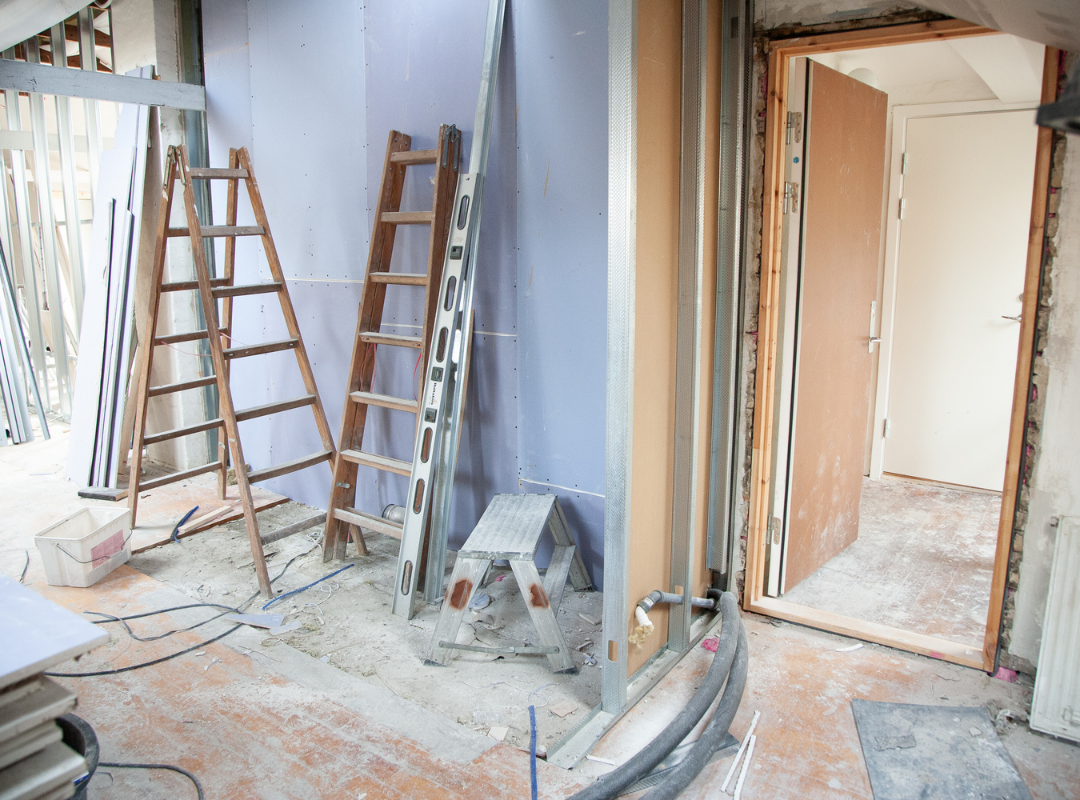Key Points To Note When Drafting A Contract For A Remodeling Contract
 There are a lot of homeowners who are thinking about carrying out a home remodel during the current era; however, it is important to understand what goes into a home remodel contract. Even though it can be expensive to get the contract reviewed by an attorney, it is critical to take a close look at the contract to make sure the language is correct.
There are a lot of homeowners who are thinking about carrying out a home remodel during the current era; however, it is important to understand what goes into a home remodel contract. Even though it can be expensive to get the contract reviewed by an attorney, it is critical to take a close look at the contract to make sure the language is correct.
What are some of the most important points that homeowners should keep in mind when it comes to a contract for a home remodel?
Understand The Basics Of A Home Remodel Contract
First, it is important to understand the basics. The home remodel contract will have a lot of numbers and it can be challenging to understand. In general, the home remodel contract must state that the contractor is going to secure any and all necessary permits and approvals, the payment schedule, when the project will start, and when the project will end. Any home remodel contract should also contact the license number of the contractor and include a few days to rescind the contract without penalty should the homeowner change his or her mind.
Review The Payment Schedule
In addition to understanding the start and end dates, read the payment schedule carefully. The first payment should never be any more than 10 percent of the total cost of the job while the final payment should be approximately a third of the total cost of the project to ensure the contractor actually comes back to fix any issues should something go wrong with the project. The final details of a home remodel are important.
Don’t Jump On The Warranty
Finally, do not jump on the warranty even if it sounds great. A warranty for a home remodel is usually packed with a punch of exclusions that are instituted in favor of the contractor and not the homeowner. There are probably state statutes in place that provide much better protection than any warranty that is offered by a contractor. Furthermore, accepting the warranty will remove this protection from the state. Unless a lawyer says to take the warranty, it is better to turn this down and go with state regulations.